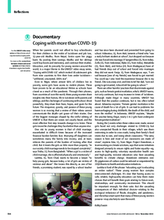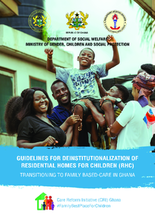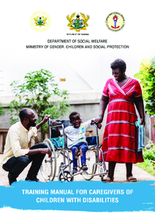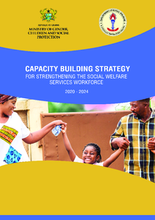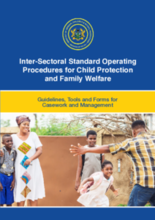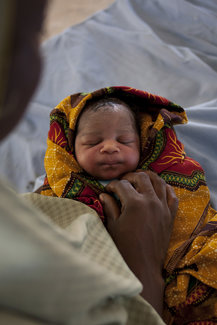

Displaying 91 - 100 of 634
In this piece for the Lancet, Kelley Swain reflects on the UNICEF video essay series, “Coping with COVID-19”, which invited 16 adolescent girls from nine countries to film their lives under lockdown—“unfiltered, unscripted, 100% real”.
Drawing on semi‐structured in‐depth interviews with 31 kinship caregivers, this study sought to explore how the culturally informed traditional kinship care practice in Ghana can be considered an intervention strategy for parental neglect.
This document is aimed at complementing the Standard Operating Procedures (SOPs) for Licensing, Monitoring and Closure of Residential Homes for Children (RHC) by supporting the implementation of the closure of RHCs that have not been licensed or do not meet the standards in the SOPs.
This Training Manual for Caregivers of Children with disabilities has been developed to equip caregivers of children with disabilities (which include biological parents, foster parents, adoptive parents, caregivers in institutions, caregivers in day care centers, healthcare providers, teachers of special needs schools, etc.) with the needed knowledge and skill in order for them to be able to provide the required quality of care for the children for them to grow and develop well and become productive in society.
"The Proprietor of an Orphanage home in Ile-Ife, Mrs Elizabeth Oroyemi slumped as Osun State Government officials sealed the social facility over suspected illegal activities, including being used as baby factory," says this article from Vanguard.
Based on social welfare workforce assessment, a long-term capacity building strategy was developed to assist the Government of Ghana - specifically the Ministry of Gender, Children and Social Protection (MoGCSP) and the Office of the Head of Local Government Service (OHLGS) - to strengthen its social welfare workforce in order to respond appropriately to the needs of vulnerable and marginalized children and other populations in the country.
This Inter-Sectoral Standard Operating Procedure for child protection and family welfare (ISSOP) provides a harmonized framework of agreed standards, principles and procedures for all child protection and family welfare stakeholders in Ghana to understand each other’s roles and responsibilities.
This report outlines the peer research approach adopted by the Building Positive Futures project and summarises the findings of the pilot of the peer research methodology on leaving care in Africa.
This report is a short summary of the main findings from 'Building Positive Futures: A Cross-Country Pilot Study on Youth Transitions from Out-of-Home Care in Africa,' written for youth who participated and other interested young people.
Given the paucity of research on youth transitioning from alternative care (i.e. care-leaving or leaving care) in Africa, the study sought to develop and test a methodology for a cross-country, comparative study on leaving care in Africa.

